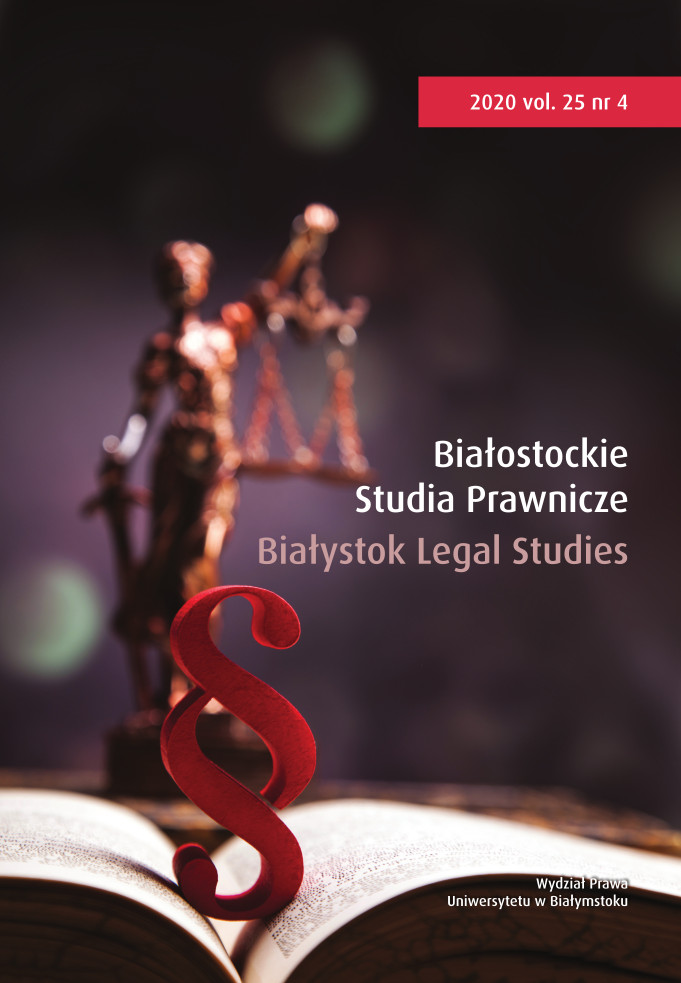The role of the President of the Republic of Poland in Conferring the Academic Title of Professor – Selected Issues
Słowa kluczowe:
Giving the title of professor, competence of the President, conferring the academic title, official actAbstrakt
This article presents selected issues related to the conferring scientific titles by the President of the Republic of Poland. It was pointed out that The Council of Scientific Excellence was the body competent to carry out the procedure for granting the academic title, and the President merely conferred the academic title. Such an act of the President is a conventional act – an official act of the President, which requires a countersignature of the Prime Minister. The article indicates that the President must confer a scientific title if the Council of Scientific Excellence submits such a request. There is no legal basis for the head of state to check the activities of The Council of Scientific Excellence. The example of receiving the vow by the President from newly appointed judges was used, the procedure in this regard was indicated, the date of picking up the oath and the judgment of the Constitutional Tribunal was presented. In the summary, it was indicated that the President should immediately submit the request of The Council of Scientific Excellence to be awarded, i.e. in the order of receipt of the applications. It was also noted that there were no legal grounds for the President’s refusal to confer an academic title.Bibliografia
Balicki R., (w:) M. Haczkowska (red.), Konstytucja Rzeczypospolitej Polskiej. Komentarz, Warszawa 2014, LEX/el.
Banaszak B., Kompetencje Prezydenta RP w zakresie spraw zagranicznych i ich realizacja, (w:) J. Wawrzyniak, M. Laskowska (red.), Instytucje prawa konstytucyjnego w dobie integracji europejskiej. Księga jubileuszowa dedykowana prof. Marii Kruk-Jarosz, Warszawa 2009.
Ciapała J., Charakter kompetencji Prezydenta RP. Uwagi w kontekście powoływania sędziów, „Przegląd Sejmowy” 2008, nr 4.
Czarny P., (w:) P. Tuleja (red.), Konstytucja Rzeczypospolitej Polskiej. Komentarz, Warszawa 2019, LEX/ el.
Dańczak P., Decyzja administracyjna w indywidualnych sprawach studentów i doktorantów, Warszawa 2015, LEX/el.
Frankiewicz A., Kontrasygnata jako wyznacznik systemu rządów, „Przegląd Prawa Konstytucyjnego” 2010, nr 2–3.10.15804/ppk.2010.2-3.08
Izdebski H., Zieliński J., Prawo o szkolnictwie wyższym i nauce. Komentarz, Warszawa 2019, LEX/el.
Izdebski H., Zieliński J., Ustawa o stopniach naukowych i tytule naukowym. Komentarz, Warszawa 2013, LEX/el.
Jałocha B., Model kariery akademickiej w Stanach Zjednoczonych, Zarządzenie Publiczne 2009, nr 3 (7), „Zeszyty Naukowe Instytutu Spraw Publicznych Uniwersytetu Jagiellońskiego”.
Knapp J., Siegel D., The Business of Higher Education, vol. 1: Leadership and Culture, 2009.
LekstonM., (w:) K. Baran (red.), Akademickie prawo zatrudnienia. Komentarz. Warszawa 2020, LEX/el.
Mik C., Europejskie prawo wspólnotowe. Zagadnienia teorii i praktyki, t. 1, Warszawa 2000.
Naleziński B., (w:) P. Tuleja (red.), Konstytucja Rzeczypospolitej Polskiej. Komentarz, Warszawa 2019, LEX/el.
Amacher R.C., Faulty Towers: Tenure and the Structure of Higher Education, Oakland 2004.
Skrzydło W., Konstytucja Rzeczypospolitej Polskiej. Komentarz, Warszawa 2013, LEX/el.
Tuleja P., Konstytucyjny status Krajowej Rady Sądownictwa, Krajowa Rada Sądownictwa. XX -lecie dzia-łalności, Warszawa 2010.
Woś T., Knysiak -Molczyk H., Romańska M. (red.), Prawo o postępowaniu przed sądami administracyjnym. Komentarz, Warszawa 2005.



